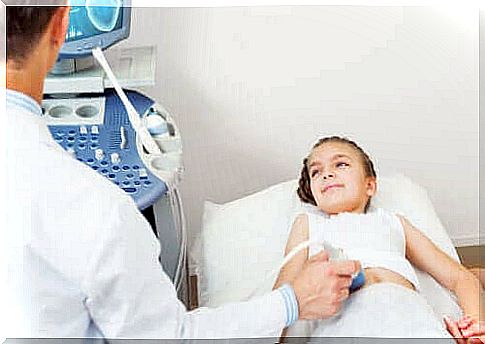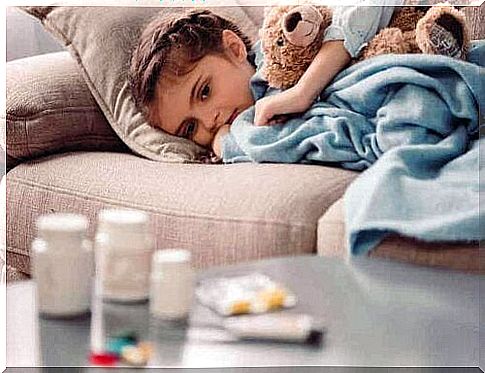Is Children’s Participation In Health Research Possible?

Until recently, people became agitated and even upset by thinking about children’s participation in health research. However, things seem to be changing today, which means that children can now participate in this type of research.
In fact, researchers say this practice is necessary. After all, there would be no way to improve medical care and programs to help children live a healthy lifestyle.
What should you know about it?
Children’s participation in health research
It is important to emphasize that children’s bodies are not the same as those of adults. Therefore, they have special medical needs. When medication is not tested on children, it leads to “therapeutic orphanhood”.
While this concept may seem interesting, it is simply an expression that says that children are orphans in this regard. It does not seek to spread panic, but rather to help people reflect on the importance of the need to conduct studies on children and adolescents under certain circumstances.
This must be done with ethical precautions and associated protection and authorization of parents or guardians in the case of minors.

Pharmaceutical tests
“Children first” does not apply in these cases. In contrast to other times when children are definitely a priority, it is the case that when it comes to research, product testing of medicines is performed in the following order:
- First in animals, not adults.
- Then in smaller animals.
- After that, in adults.
- Finally, in children, if the drug in question is for them.
Today, experts have reconsidered the use of animals and are seeking alternative methods. However, all studies must be conducted in strict accordance with ethical principles.
Let’s talk about placebo
Some studies require comparison of products that are being tested with another drug that does not provide any benefit but is not harmful. In other words, a placebo.
For experts to use placebo in a study, they must make sure that there is no other product, even a substandard, to compare it with. In these cases, the use of placebo is absolutely contraindicated and stipulated by laws and regulations.
Research ethics committees for participation in health research
In health institutions, there are research ethics committees that protect the participants in health research. When experts conduct studies on children, they need to take several precautions.
Nothing is left to chance during health research on children
Although it is possible to perform health research on children, nothing should be left to chance. The experts must be very thorough. They must provide information to both the parents and the child, according to their comprehension skills.

Participation in health research: altruism and solidarity
Although children’s participation in health research usually aims to find a drug to cure or alleviate a certain childhood disease, it is important to know that according to the different phases or stages of the research, not only the child but a third party will benefit from it. .
Nevertheless, research does not give satisfactory results. That is why we mentioned altruism. The underlying question is: How much can we expose a child to in favor of third parties? Does this answer depend on whether the child is healthy or has a certain disease?
Fortunately, and given the importance of regular childhood checkups, children are usually in good health. However, some require treatments that have a positive effect on other children.
The international research project “Ethical research involving children” seeks to help improve practice for research with children through different disciplines, theoretical positions and methodological and international contexts.
Unicef also has extensive experience in this regard and in the protection of children participating in health research.
Is children’s participation in health research possible?
The answer is yes.
However, it is crucial for experts to adhere to all ethical requirements strictly. The professionals involved should provide enough information to the minor’s parents or mentors. In addition, research must be stricter.









